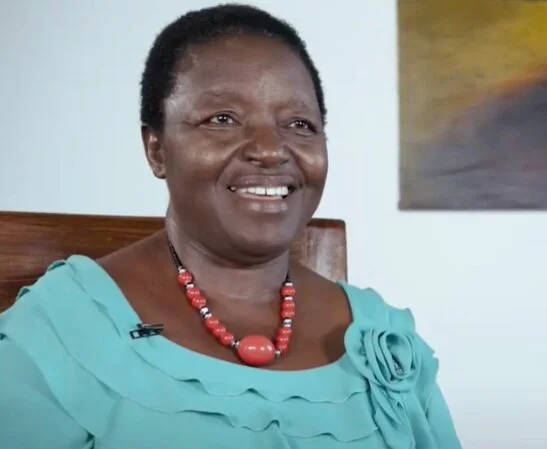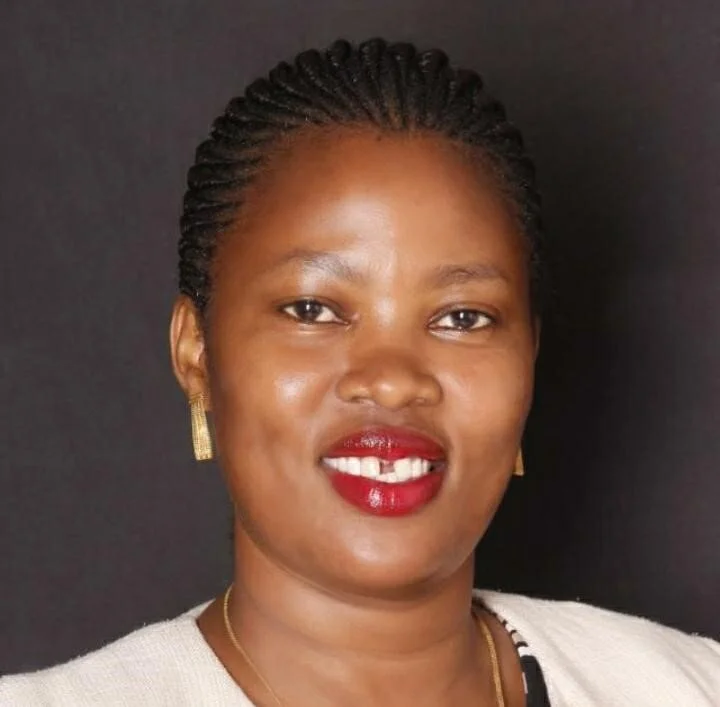Gender equality = increased value creation
Since 2006, Norges Vel has been working with the rice value chain in Tanzania. Always with the goal that smallholder farmers should move from subsistence farming to business farming. And always with a gender perspective.
-The involvement of women in our projects is of course about equal rights, but we want to first and foremost tell the story that it pays off, says Reinaart Pretorius, director for international development for Norges Vel’s international work.
Women make up over 40 per cent of the agricultural workforce in developing countries, but female farmers are in many ways an untapped resource. If we start to see female farmers as a part of the solution and they get the same access to training, investments and infrastructure as male farmers, their production can increase by up to 30 percent. We will see the emergence of businesswomen that invest and run business companies and are inspiring role models to new African business generations.
Norges Vel internationally
Norges Vel has worked internationally since 1978.
In close collaboration with our public and private partners, we work to create sustainable workplaces and products within the agriculture and aquaculture sectors.
Today we work in East and Southern Africa, specifically focusing on Tanzania, Mozambique, and Madagascar.
- Norges Vel wants women in the entire value chain and we want them to participate on an equal footing with men. Female small producers must have the same amount of knowledge about how to grow rice, cashew nuts or farm tilapia, they must have the same access to good seeds and cashew cuttings, and be able to store their goods in a warehouse while waiting for prices to rise, says Reinaart Pretorius.
Women to participate in all parts of development
Women should also have their goods processed and be able to be participate in cooperative development. That way they will get increased income and better access to markets. But the women in our projects should also know how they run a business or a company. And they will of course be at the table when political frameworks are discussed and improved.
- If we are to achieve that, there must sometimes be an extra focus on women. Either because girls have fewer years in school than boys, because women often do not own the land they cultivate and do not have access to credit through regular banks, because she has never been allowed to handle her own money, or because female leaders are a hard to find or not seen as leaders. It's not always too much that it takes to make these changes, says senior adviser Anita Sæbø, who has the main responsibility for coordination with Norad and gender equality in Norges Vel.
This is also what Norwegian history is about. Gender equality did not stop when women could read and write or had taken up working life, we also wanted female leaders and women in the boardrooms. And we've got female role models.
“We ensure that the women are also taking a role in the group leadership, from there they get empowered.”
Winnie Mark Bagashi, CEO/Executive Director, Rice Council Tanzania (RCT)
“We support dedicated women to become role models for the community by taking a leading role in the two farmer owned rice companies we support.”
Sesilia Jeremia, Country Manager, Tanzania, Norges Vel
“The major reason why I’m so passionate about agriculture is because it provides food for me and my family. But also, this is my business, it not only allows me to grow food, but it also allows me to get income to improve my life.”
Zitta Ngakongwa, Farmer and secretary of the Ngalimila Farmers Association
Tanzania: Empowering female role models in agriculture
Since 2006, Norges Vel has been working with the rice value chain in Tanzania. Always with the goal that smallholder farmers should move from subsistence farming to business farming. And always with a gender perspective.
- Due to this work, women have increased their yield from rice production by adopting new agricultural practices. They have also taken part in establishing two farmer owned companies that enables them to aggregate their produce so that they can collectively access larger markets with better prices. This has contributed to skilled women that are able to take good care of their family, says senior advisor Helene Lie who is responsible for Norges Vel’s program in Tanzania.
Ending all forms of discrimination against women and girls is not only a basic human right but has a multiplier effect across all other development areas. A World Bank study has shown how women invest their income in the family to a greater extent than men and provide food and schooling.
- In our projects, we also aim to see the emergence of businesswomen that invest in and run business companies. Because we know that to reach the SDGs, we need all the creativity, ingenuity and guts that we are able to come up with. We need the hands and heads of both girls and boys, women and men, says Anita Sæbø.
See video about empowering women in the rice sector in Tanzania here.




